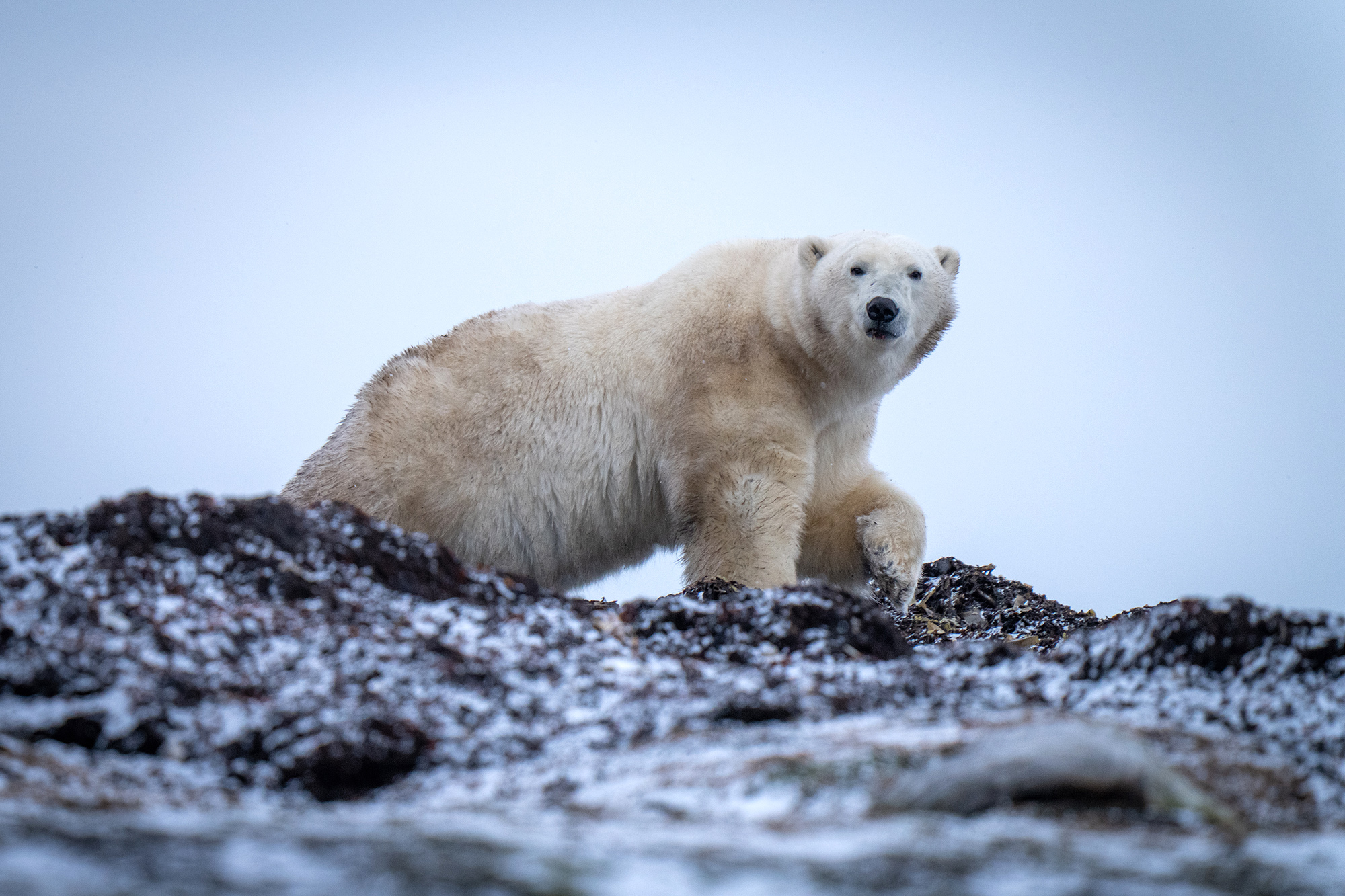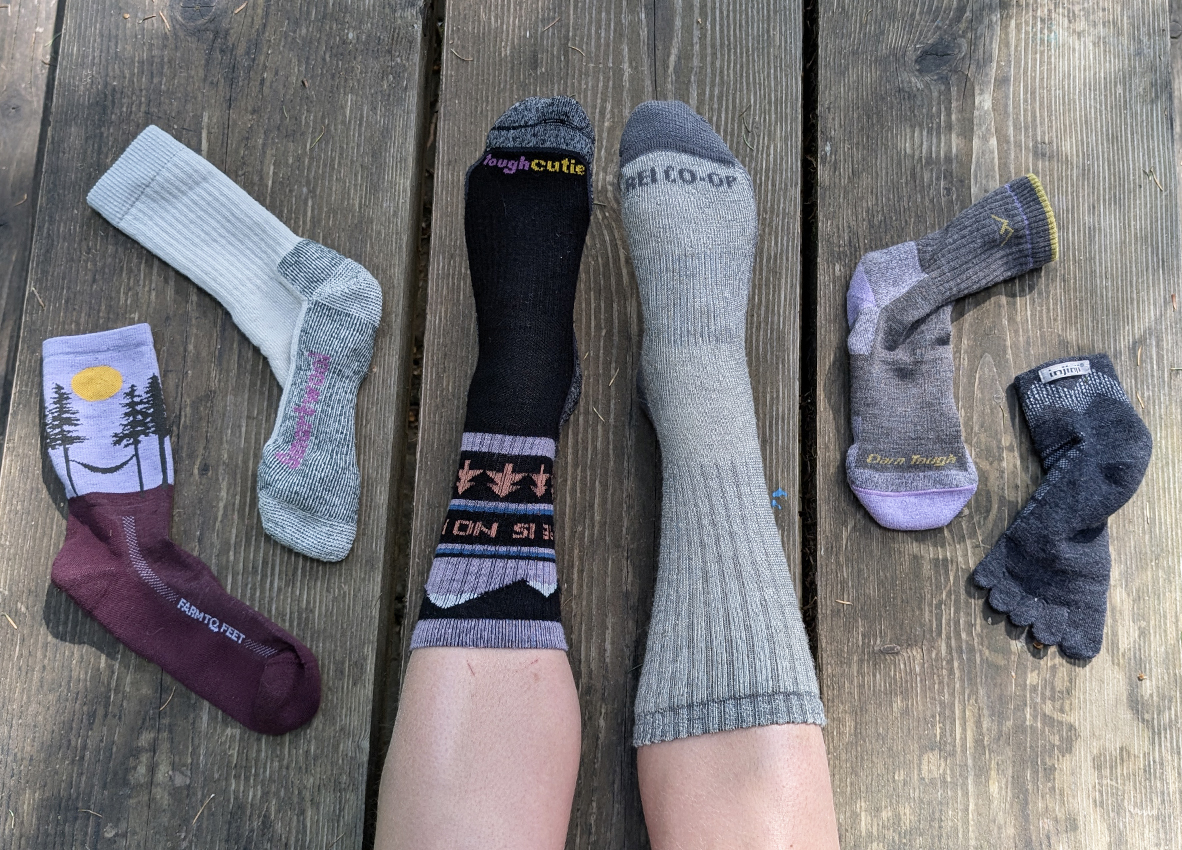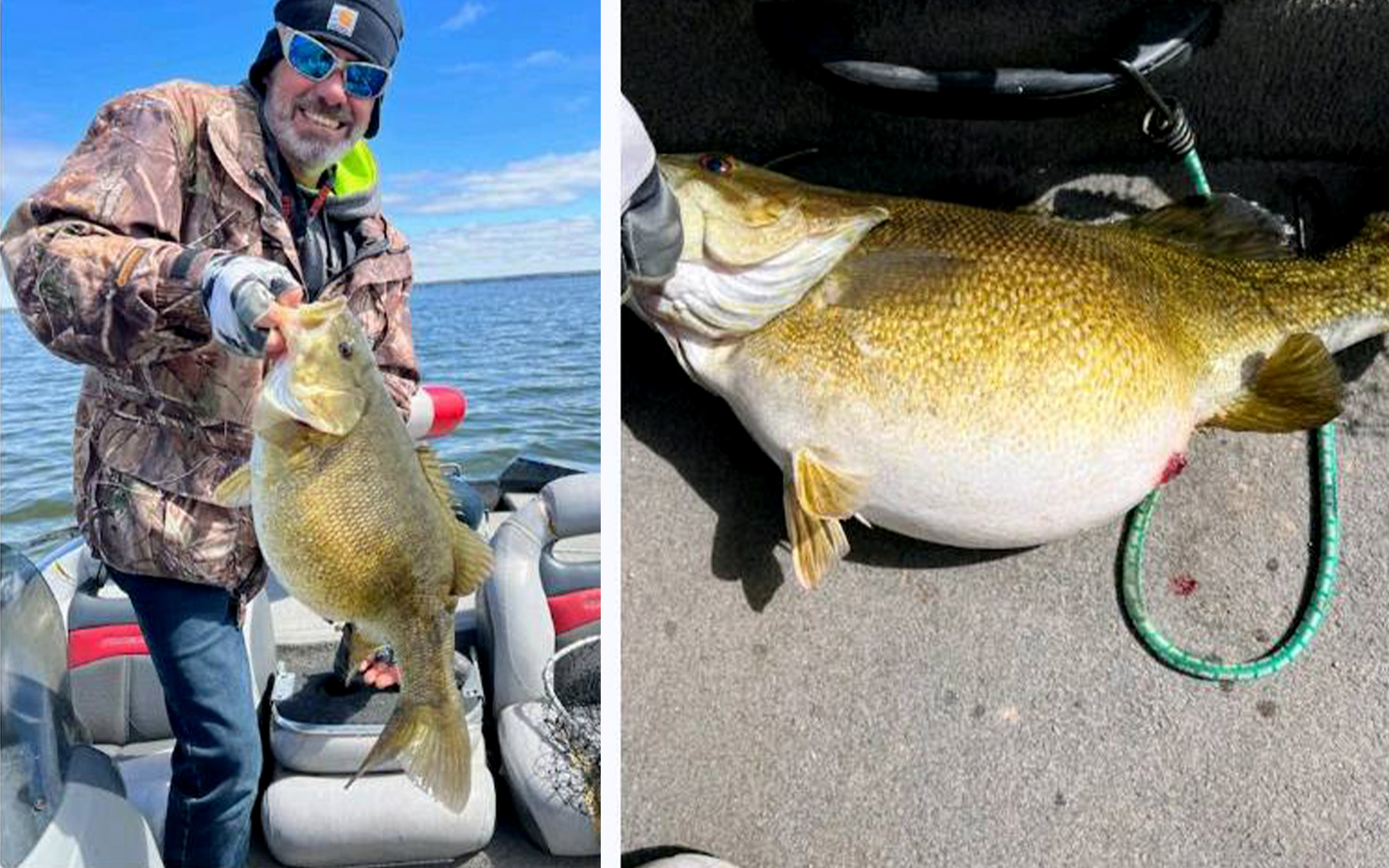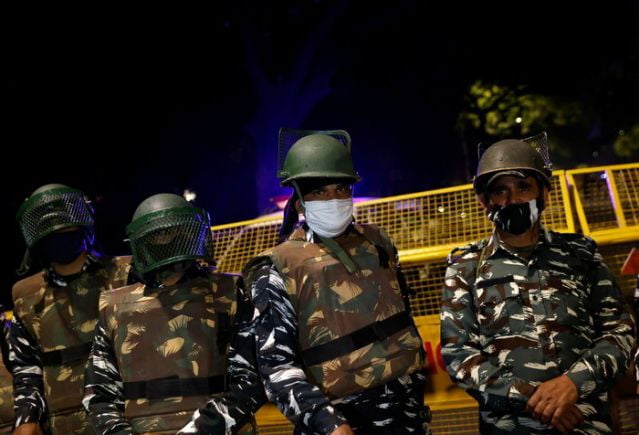Polar Bear Photographers Apologize for Anti-Hunting Video

Two wildlife photographers from Turkey have issued an apology for posting a video to social media in which they criticized Native hunters in Nunavut for hunting polar bears.
The men, Süha Derbent and Murat Uslu, had planned a 10-day trip to Arctic Bay to document how climate change is affecting the Arctic, according to the Canadian Broadcasting Corporation. They also planned to photograph polar bears, but reported that local outfitters had stopped them from venturing out onto an ice floe and potentially interfering with a hunt.
“Before coming here, we did not know that hunting, hunting of polar bears was permitted in [sic] here,” one of the men says in the apparently scripted Instagram reel that was taken down but later uploaded to CBC News North’s YouTube channel. “And hunters prevented us from heading to where we wanted to go and make pictures, make photos. And claimed that area as theirs. And wanted us to evacuate the cabin that we had been living in.
“We are here to be the voice of the nature and the polar bears while some hunters are chasing them to kill them as a sport,” the goggled photographer continues in the video. “We believe it’s an unacceptable injustice. Be the voice and spread this message with everyone that you know of. Please. Stop hunting polar bears.”
According to local regulations, tourists are not permitted to get close to hunters — including polar bear hunters. “Please respect Inuit subsistence hunting, fishing and trapping rights and refrain from interfering with these activities,” reads one ecotourism handbook for a Nunavut hamlet.
The video, filmed in Arctic Bay, prompted a swift backlash from Nunavut’s native community. Nooks Lindell, an artist in Arviat, told the CBC that this isn’t the first time outsiders have misunderstood his community’s way of life. (Arviat is a small, primarily Native, community on the shore of Hudson Bay, to the south of Arctic Bay.)
“We’ve had southerners come and tell us we’re doing things wrong. The way you’re living, the way you’re doing things is wrong,” he said. “We’ve lived here for so long. We’ve lived with the environment. And being told, you know, [you] have to conserve nature and you have to respect nature — that’s how we lived. This is still how we live.”
Polar bear hunting in Canada is tightly regulated by provincial governments and local jurisdictions, and only Natives are allowed to pursue the big bears. More than 80 percent of the polar bear hunting that occurs in Canada takes place in Nunavut and the Northwest Territories, where, according to the international Polar Bear Specialist Group, “management agreements … have been developed with local communities to ensure that all human-caused mortality is sustainable.” Within Canada, only Manitoba prohibits polar bear hunts.
Polar bears currently exist in four additional countries: Greenland, the United States, Norway, and Russia. Polar bear hunting is prohibited in Norway and technically legal for one Native group in Russia, though no regulated hunt has been established. Similar to Canada, Greenland closely regulates harvest.
In the U.S. polar bears are listed as an endangered species wherever they’re found. Their take is regulated under the Marine Mammal Protection Act, which prohibits hunting by anyone except coastal-dwelling Alaska Natives for subsistence and handicrafts. It’s only legal “provided the take is not wasteful,” according to the PBSG.
The men have since apologized in an interview with CBC News.
“We have huge cultural respect to the past, current and future Inuit,” Derbent told the outlet. “I apologize personally if we have offended them but it was not our intention.”
Read Next: Miracle on the Tundra: How a Caribou Hunter from Arviat Survived a 5-Day Blizzard
While issuing his apology, however, the photographer still seemed unclear about the inseparable connection between hunting and Inuit culture, or that visitors in Nunavut do not share the same privileges as residents.
“We didn’t have any rights,” Derbent said. “Hunters did. And that was the reason we said whatever we said. It was nothing to do with anything whatsoever with the culture of Inuit.”
Read the full article here







